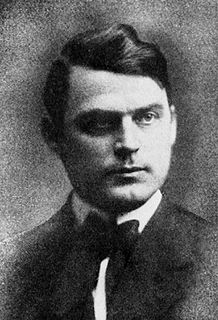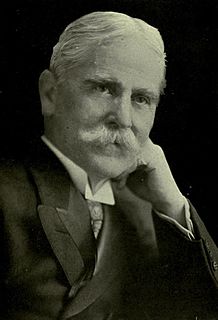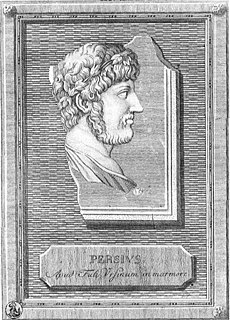A Quote by Samuel Taylor Coleridge
He went like one that hath been stunn'd, And is of sense forlorn: A sadder and a wiser man He rose the morrow morn.
Related Quotes
To-morrow is that lamp upon the marsh, which a traveller never reacheth;
To-morrow, the rainbow's cup, coveted prize of ignorance;
To-morrow, the shifting anchorage, dangerous trust of manners;
To-morrow, the wrecker's beacon, wily snare of the destroyer.
Reconcile conviction with delay, and To-morrow is a fatal lie;
Frighten resolutions into action, To-morrow is a wholesome truth.
No Senses stronger than his brain can bear. Why has not Man a microscopic eye? For this plain reason, Man is not a Fly: What the advantage, if his finer eyes Study a Mite, not comprehend the Skies?... Or quick Effluvia darting thro' his brain, Die of a Rose, in Aromatic pain? If Nature thunder'd in his opening ears, And stunn'd him with the music of the Spheres... Who finds not Providence all-good and wise, Alike in what it gives, and what denies?
At the end of one millennium and nine centuries of Christianity, it remains an unshakable assumption of the law in all Christian countries and of the moral judgement of Christians everywhere that if a man and a woman, entering a room together, close the door behind them, the man will come out sadder and the woman wiser.





































